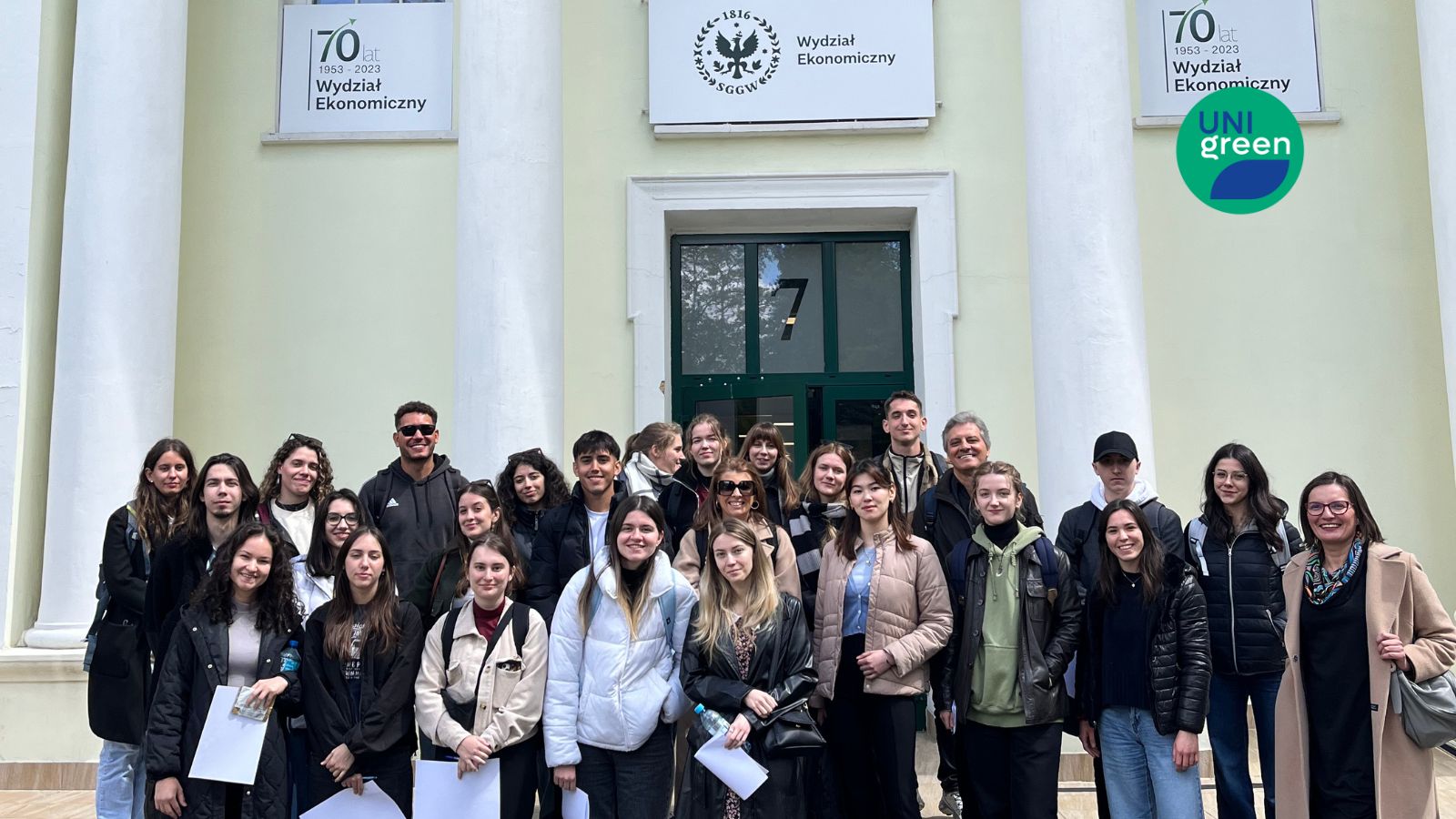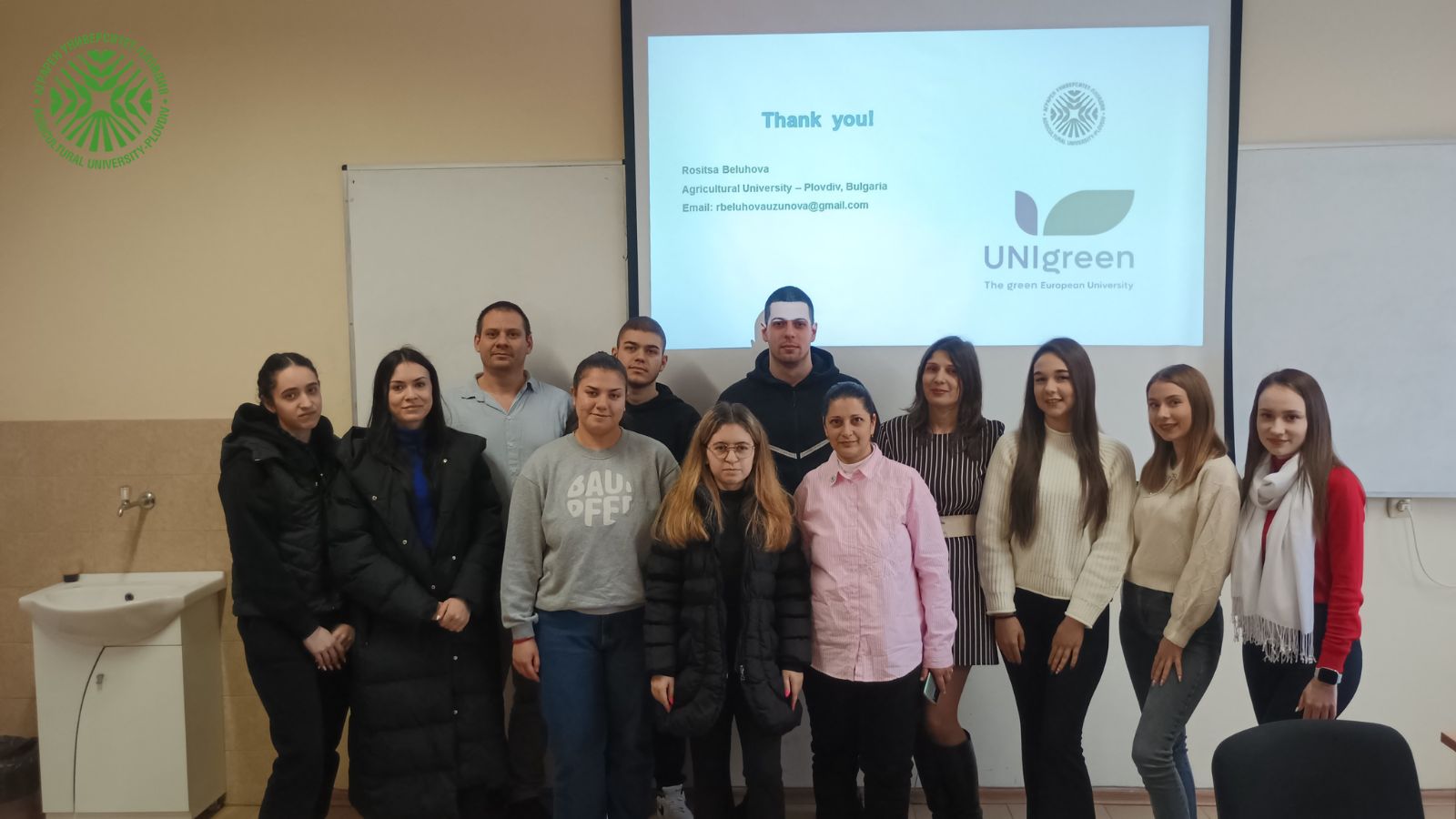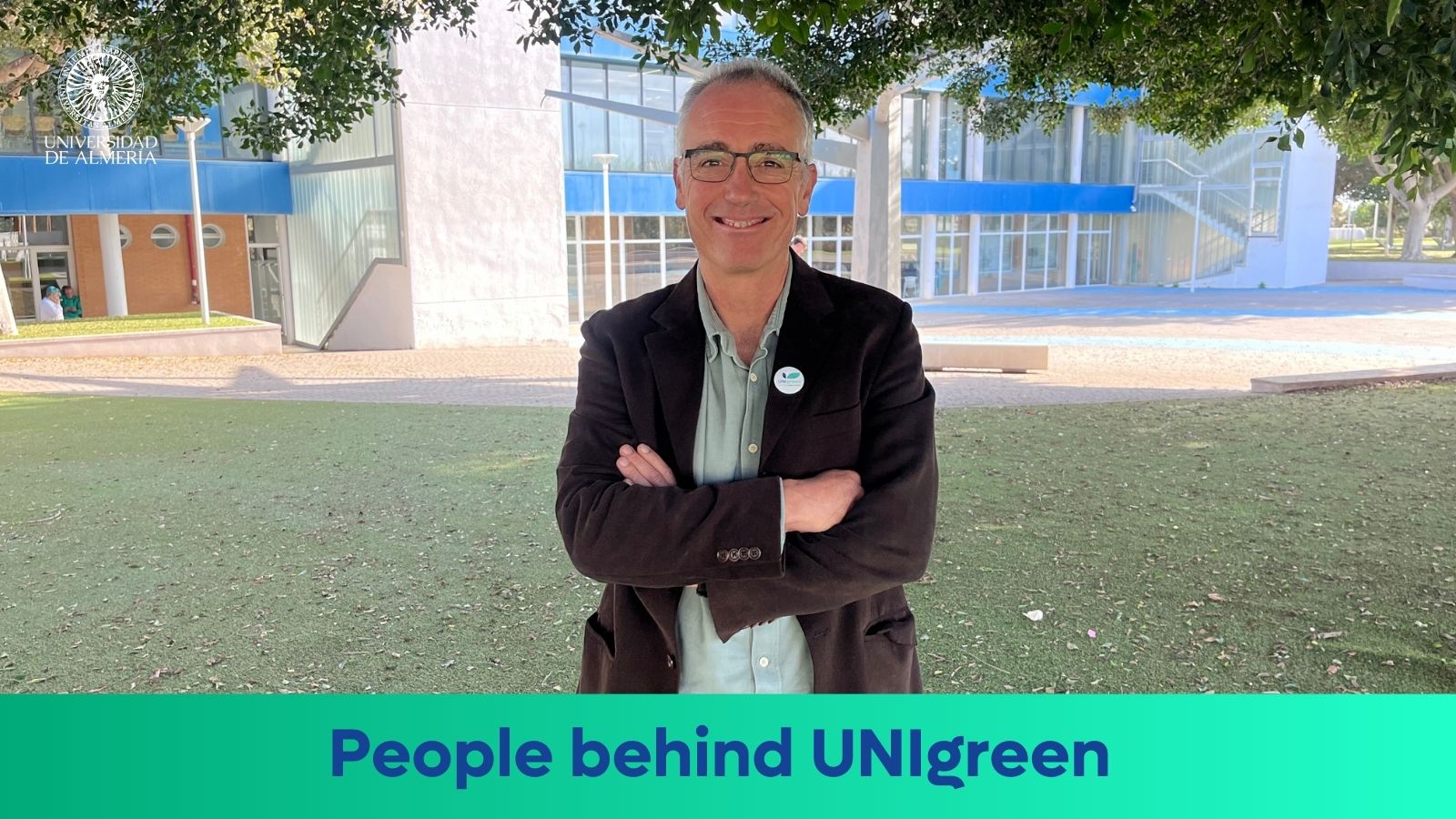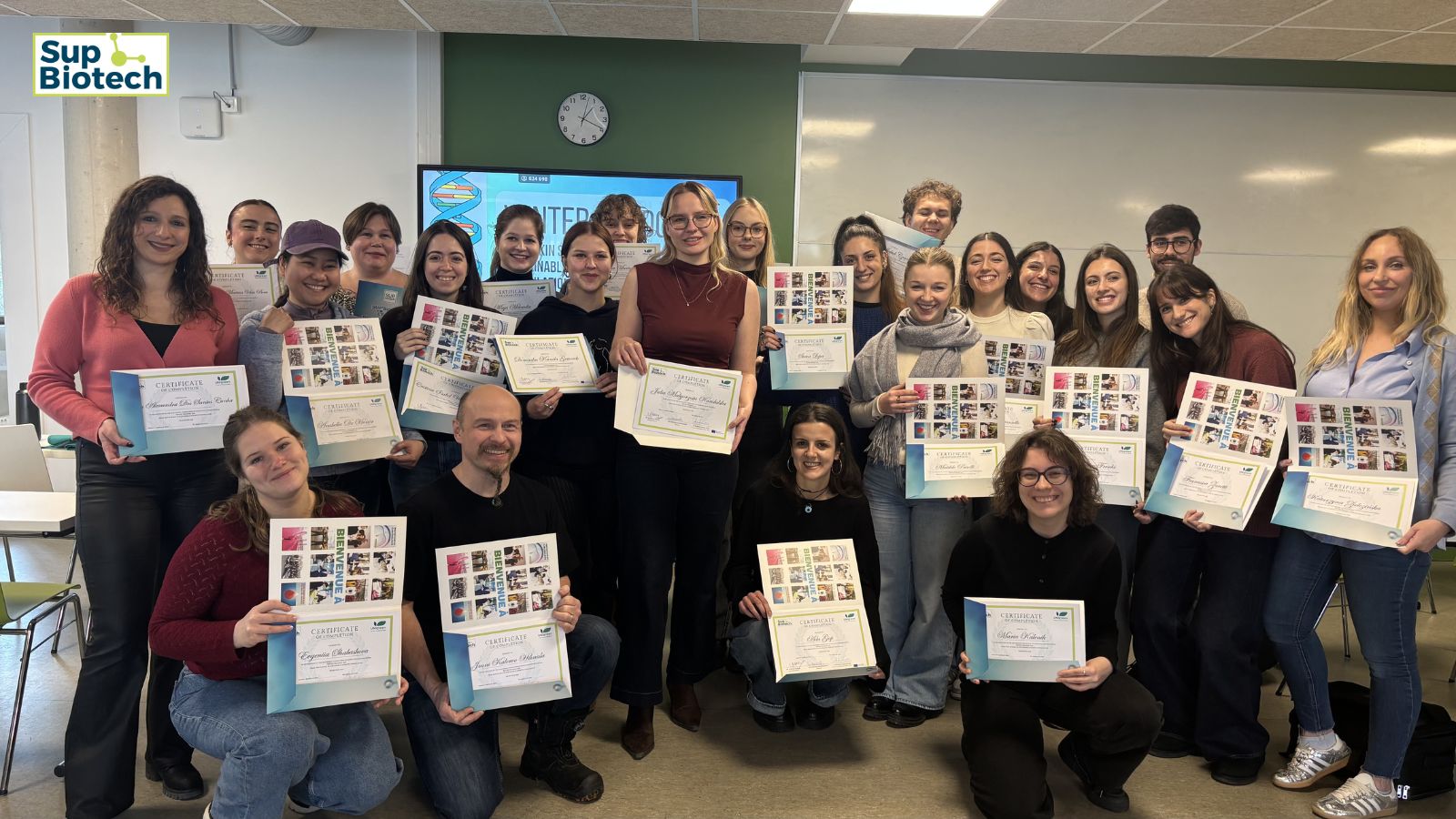Think Green, Think Forward: Exploring Innovative Pathways to Sustainable and Circular Economies.
From May 12–16, 2025, Warsaw University of Life Sciences (SGGW) is hosting the Blended Intensive Programme (BIP) “Designing Resilient Cities”, an interdisciplinary course bringing together students from across the UNIgreen Alliance to explore nature-based urban development.
The programme welcomes 25 participants from 6 countries:
- Babes-Bolyai University (Romania)
- Czech University of Life Sciences Prague (CZU) (Czehia)
- Polytechnic University of Coimbra (Portugal)
- Latvia University of Life Sciences and Technologies (Latvia)
- University of Modena and Reggio Emilia (Italy)
- University of Almería (Spain)
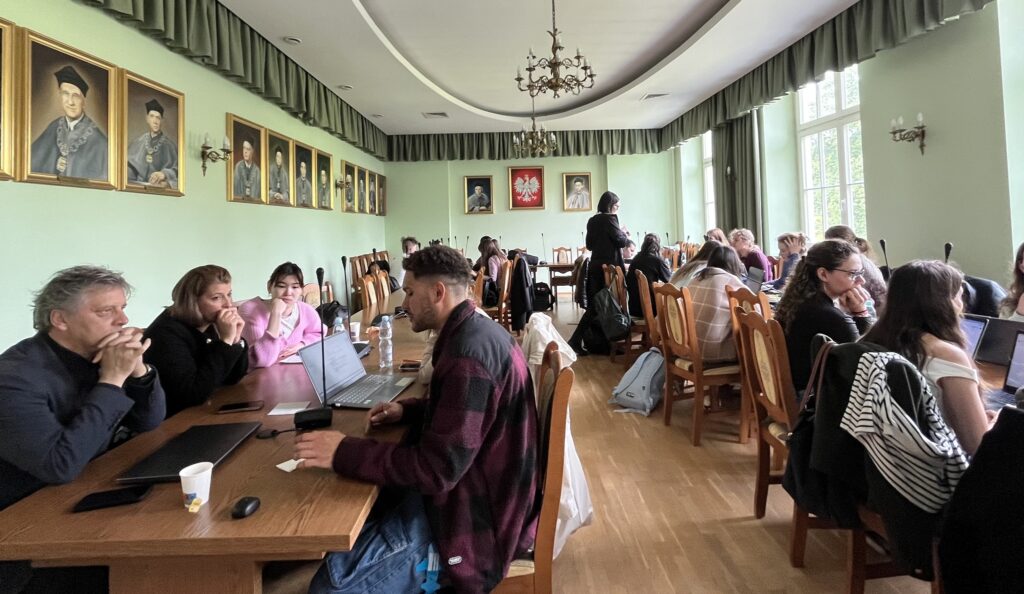
Over five dynamic days, students are learning how green infrastructure, circular economy and bioeconomy principles can help cities become more sustainable and climate-resilient.
Field visits include:
- Vistula River Valley: a Natura 2000 site and part of Warsaw’s flood protection strategy,
- Park Akcji “Burza”: a reclaimed urban space combining biodiversity, memory, and recreation,
- SGGW campus and local green infrastructure projects.

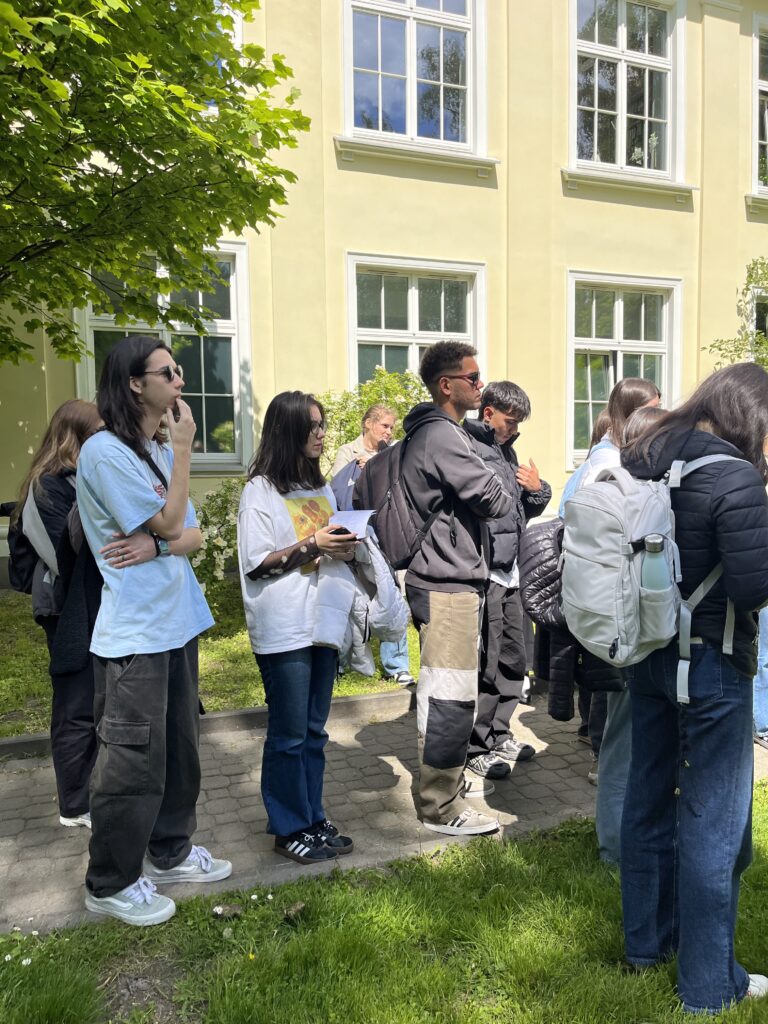
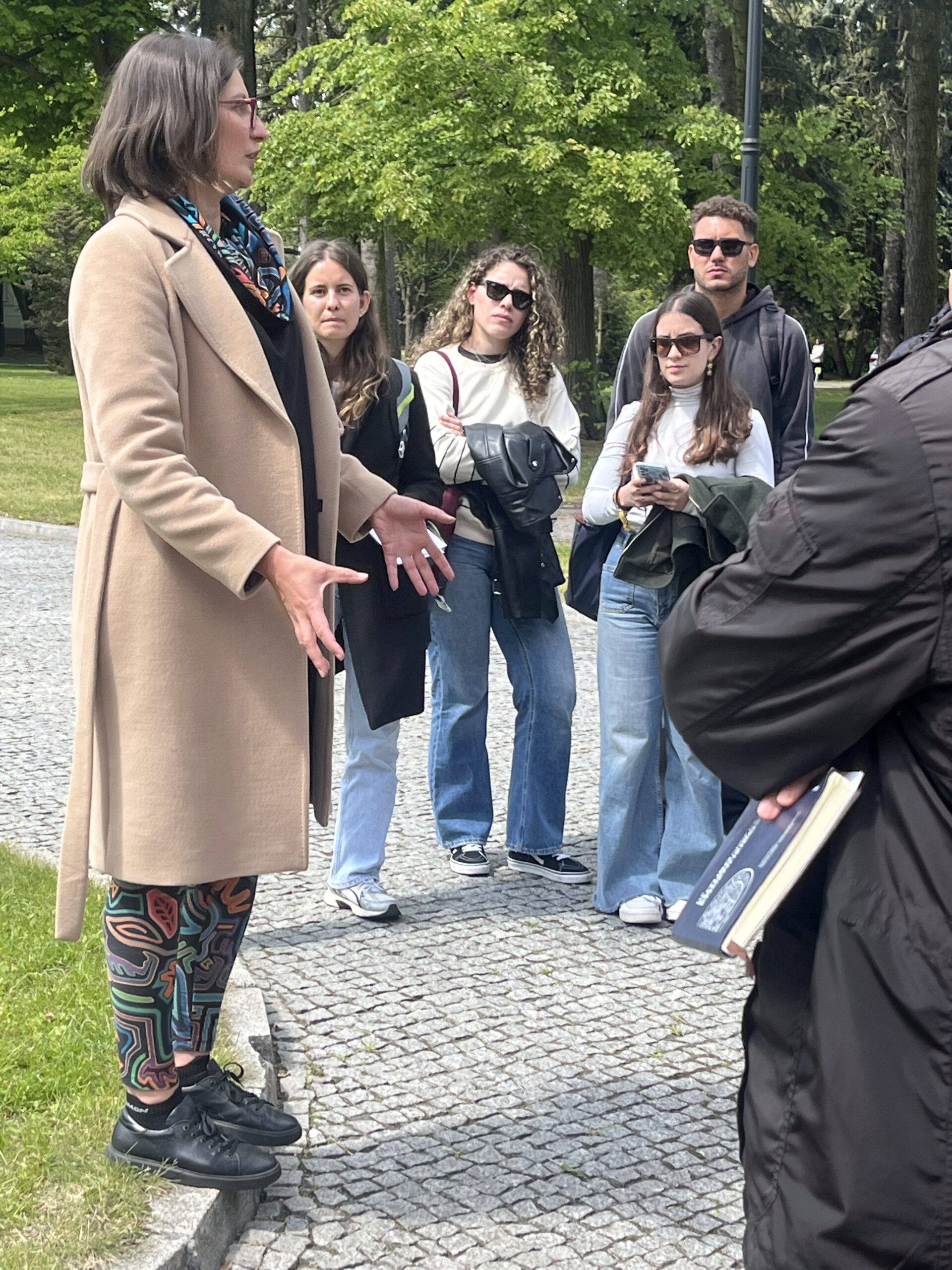
In addition to lectures and site visits, students work in international teams to develop real solutions to urban environmental challenges. Final proposals will be presented at the end of the course, showcasing how nature-based design and circular thinking can be applied in practice.
Why does it matter? Here’s what participants say:
“This wasn’t just a course — it was an experience that changed how I think about cities and the future.” — student from Portugal
“For the first time, I truly saw how nature and urban planning can work together, not against each other.” — student from Italy
Students are working in international teams to design project proposals for real environmental challenges facing Warsaw. Their final presentations will showcase how theory can meet practice.
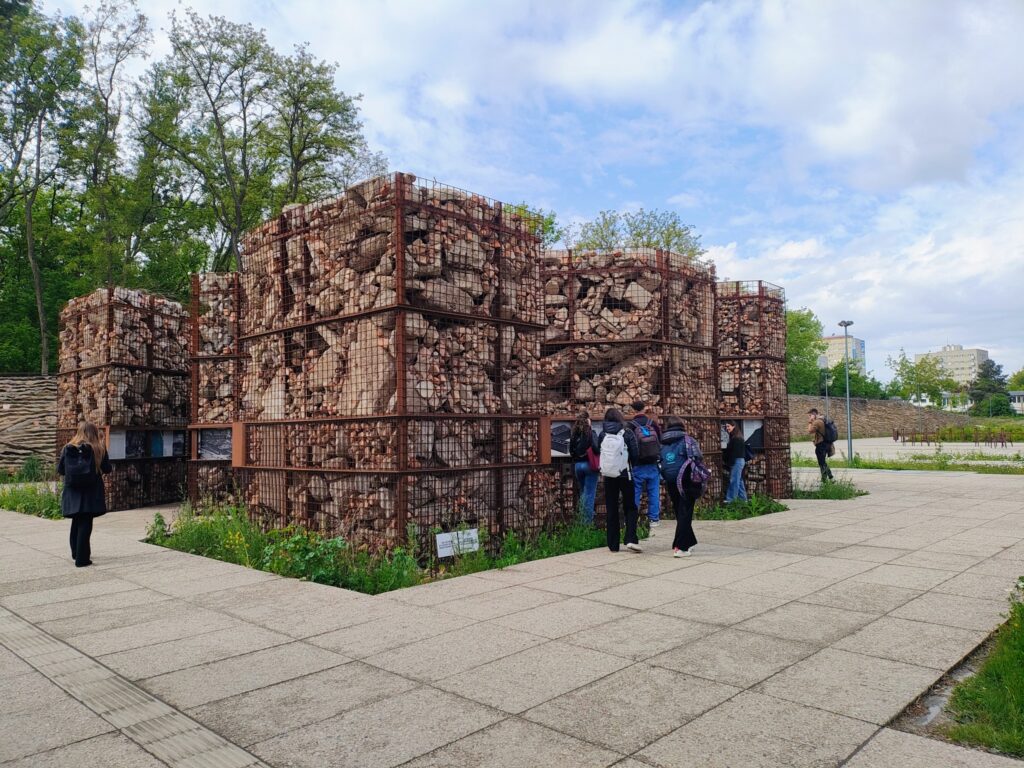
As Prof. Nina Drejerska explains:
“It’s more than just education — it’s about building a community where students learn together how to create sustainable cities.”
Prof. Daria Sikorska adds:
“Warsaw is a living lab. We’re showing students that urban transformation is possible — but it takes courage, creativity, and collaboration.”
This BIP is also linked to the CL4BIO project (Creative Learning for Boosting Bioeconomy), which promotes hands-on, creative methods in higher education.

